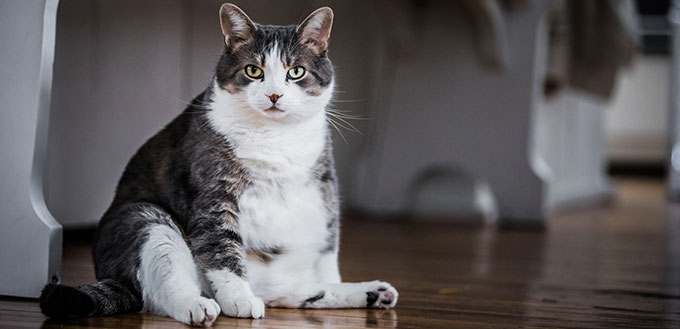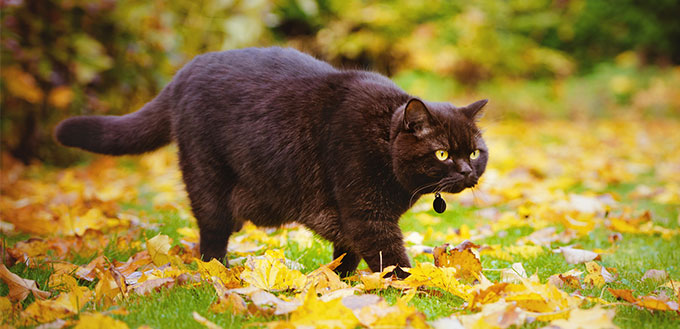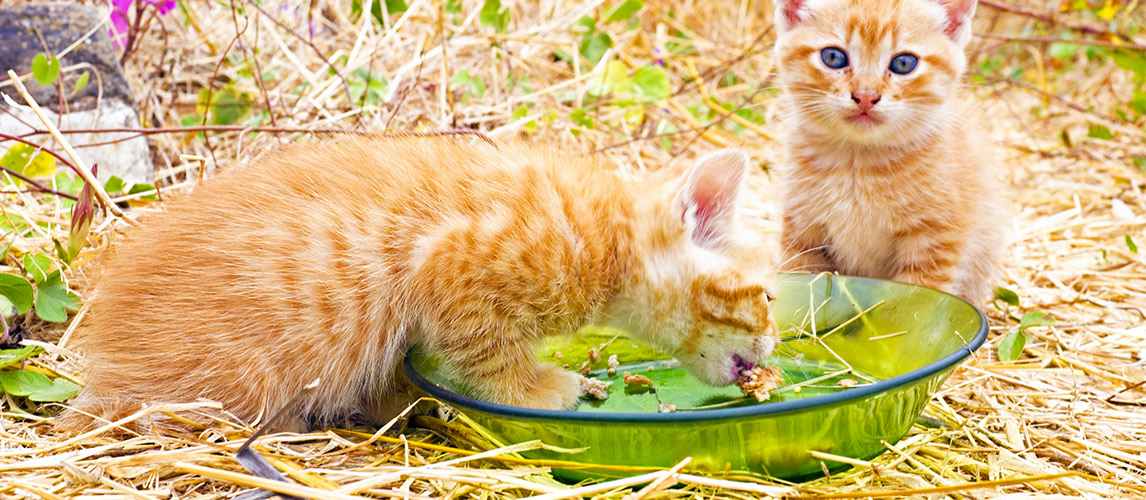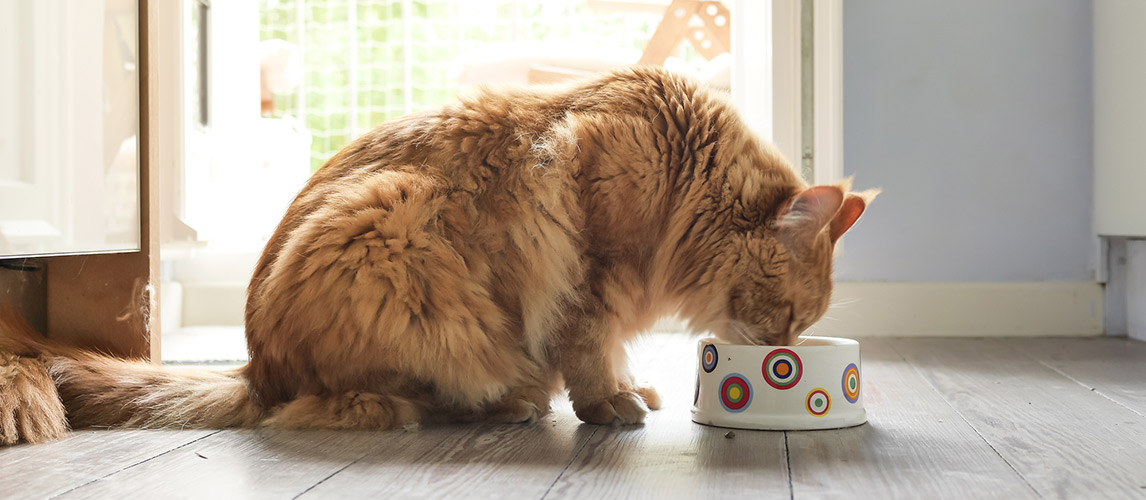If you are reading this article, the chances are that your vet is beginning to use terms like overweight or obese to describe your feline friend, and you are trying to find how to get a cat to lose weight. You are not alone in this – or better still, your cat is not alone in this. In the United States alone, it is estimated that about six out of every ten cats are either obese or have weight issues. Overweight cats are at risk of a myriad of health challenges that include diabetes, heart-related problems, kidney diseases, and so many more. In this article, we will go through several simple ways of how to help your cat lose weight.
You May Also Like: Cat Food for Kidney Disease
Set a Weight Loss Goal
The first thing to do is to set a weight loss goal. This means to set a specific weight target for your cat. Before you can do this, you need to know exactly how much your feline buddy weighs at the moment before deciding what its healthy weight should be. You can always seek the assistance of your veterinarian in getting the current body condition score of your cat before deciding what its healthy weight should be. Once you have decided on what the ideal weight should be, use it as the standard to track your cat’s progress. Always make sure to weigh your cat once every week to track its progress. You can use a simple bathroom scale for this purpose. All you need to do is to first stand on it and check your own weight, then stand on it while holding your cat. Subtract your weight from the total weight.
Feed Less Calories
At this stage, calories are not a cat’s best friends. Just like humans, our feline friends need to have a cut in their calorie consumption if they are to make any progress in shedding off the extra pounds. One major thing that you will notice about obese or overweight cats is the fact that they lack a lot of self-restraint when it comes to food. The more you feed an overweight cat, the more it will eat. And the more calories you serve it, the more calories it will consume. Pay attention to the calorie content of the meals you give your cat. Try to calculate how many calories are contained in each serving and look for healthier alternatives. But you need to consult with your vet to give you the green light as to what healthier alternatives are best for your cat. Also, show your vet calculation of how many calories are contained in your cat’s food per each serving. Your vet will help you map out a safe weight loss plan.
The Canned Option
One alternative to high-calorie cat food is canned cat food. When you compare canned cat food to the same amount of dry kibble, you will notice that wet canned food always carry fewer amounts of calories. Plus, the increased water content that canned cat food comes in allows your cat to feel full without eating too much. This is essential in helping your feline friend shed off some extra weight. Thus, canned wet cat food is one of the easiest ways of preventing your cat from consuming more calories and piling on the extra weight. Moreover, this will work very well on cats that seem to always beg for more food. Canned cat food is usually very rich in high-quality protein. Protein also has the added advantage of making your cat feel full without consuming too much.
Put Your Cat on a Diet
Cats who are just a little overweight can simply shed off the extra weight with the above-mentioned options. But if your cat is very overweight, then you need to opt for a cat diet plan. Again, you will need the input of your veterinarian to ensure that you are doing the right thing. If you are wondering how to put your cat on a diet, speak to your local vet first about it as they will help you draw out a safe and effective plan based on the information you give them and the examinations they conduct on your cat. And always stick to the directions they give. Your vet will draw out specific cat food dosages for each day with specific measurements. It is important to stick to those measurements without altering them. Depending on how serious your cat’s weight problem is, you may be prescribed some weight loss supplements. One thing you should not do when your cat is on a diet plan is to give it treats. This will not help the situation. Actually, in most cases, too many treats have been found to be the main reason behind unhealthy weight gain. Thus, if your cat is on a diet, put the treats away.
You May Also Like: Cat Food for Weight Loss
Increase Activity
While everything mentioned so far will work perfectly in helping your cat lose weight, you need to increase your cat’s physical activity. One of the reasons why cats put on extra weight is because they do not burn the energy they get from their meals. Also, while weight loss diet and supplements will help your cat lose weight, nothing will help to boost its metabolism better than some activity. A simple playtime is not enough. You need to get up and head out with your cat for walks and exercise. To boost your cat’s desire for activity, start by introducing some fun toys that require moving about. There are countless options to choose from, like feather cat toys and laser pointers. These are very good options for cats that do not want to go outside. But if your cat does not mind heading out, then go for short walks around the house or invest in a treadmill for cats.
To Summarize
So hopefully now you know what to do if you’re trying to figure out how to make a cat lose weight. Ensuring that your cat is always in healthy weight is one of the many ways of taking good care of your feline friend. When embarking on a weight loss journey, frequent visits to the vet are very important as you will need all the professional help that you can get. And, you need to remain committed to the task as losing weight will not happen overnight.
Check out our article on: Why Do Cats Carry Their Food Away from Their Bowls?
Sources:
- Fat Cat? Here’s How Much To Feed To Lose Weight, Illinois Nutritional Sciences
- Tony McReynolds, Feline Weight-loss Study Has Unexpected Results Involving (yuck!) Vegetables, American Animal Hospital Association
- Deborah E. Linder, DVM, MS, DACVN, How Fast Is Too Fast For My Pet To Lose Weight?, Cummings Veterinary Medical Center
- Dr. Adronie Verbrugghe, 380 Different Protocols And Technologies Employed To Help Pets Lose Weight, Oxford University Press









